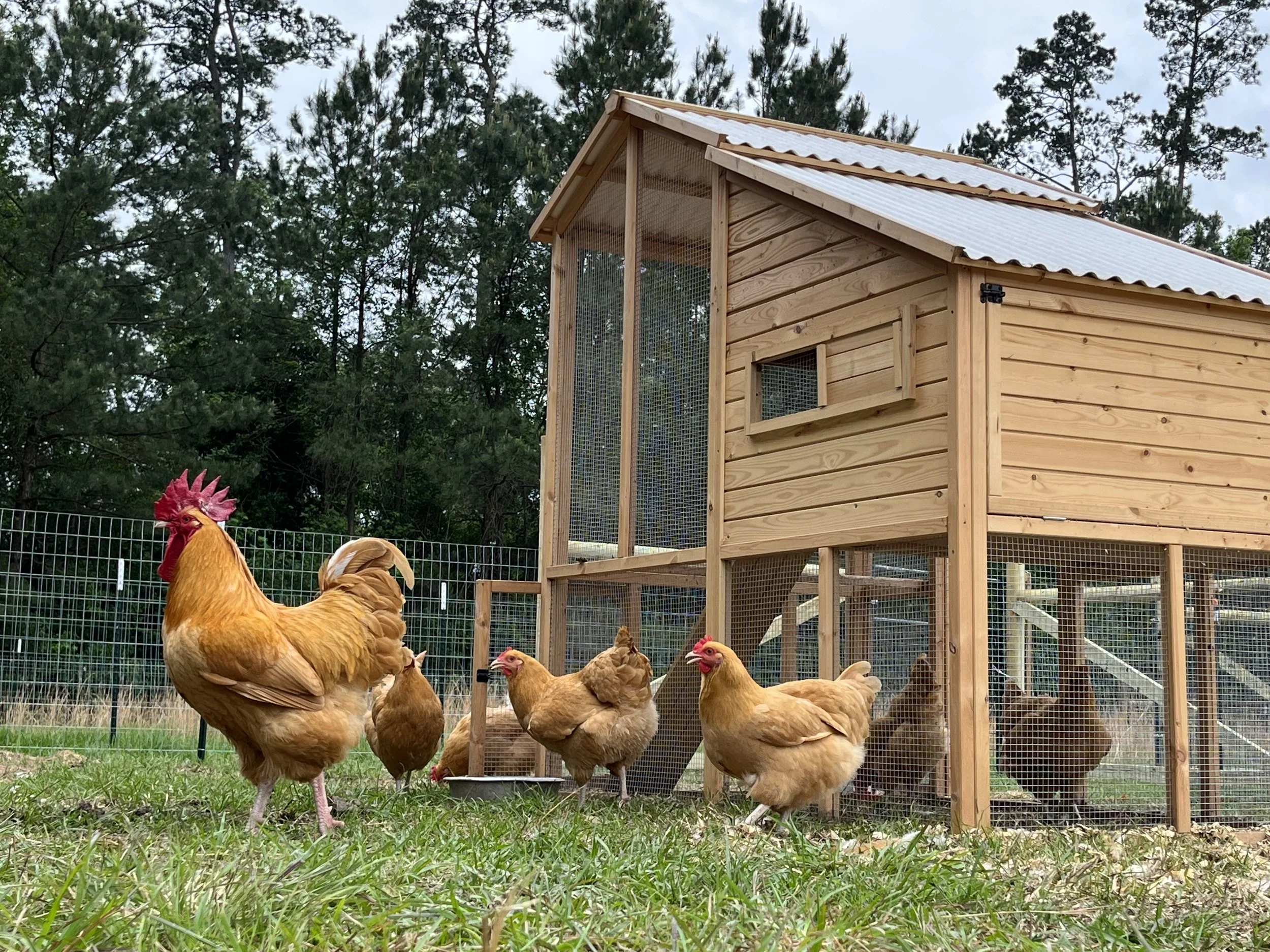What is Amprolium? A Guardian Against Coccidiosis in Chickens
Coccidiosis is a common and potentially devastating disease affecting poultry, particularly chickens. This parasitic infection, caused by protozoa of the genus Eimeria, can lead to significant economic losses for farmers and ranchers due to reduced growth rates, decreased egg production, and in severe cases, high mortality rates among flocks. However, in the battle against coccidiosis, one powerful ally stands out: amprolium.
Amprolium is an organic compound classified as a coccidiostat, meaning it inhibits the growth and reproduction of coccidia parasites without killing them outright. Instead, it allows the chicken's immune system to gradually develop immunity to the parasites while keeping the infection in check. This makes amprolium an invaluable tool in controlling coccidiosis and maintaining the health and productivity of poultry flocks.
From an end-consumer standpoint, the importance of amprolium in poultry production cannot be overstated. Chickens affected by coccidiosis may suffer from poor health, resulting in lower-quality meat and eggs. By providing amprolium to chickens, farmers and ranchers can ensure that their products meet stringent quality standards, free from the effects of coccidiosis. This translates to safer, healthier poultry products for consumers, enhancing their confidence in the food they purchase.
For small-scale farms and ranches like ours, the benefits of using amprolium extend beyond just ensuring product quality. These operations often have limited resources and may not have access to the sophisticated biosecurity measures and veterinary interventions available to larger commercial operations. Amprolium provides a cost-effective and relatively simple means of preventing and managing coccidiosis outbreaks, helping small-scale farmers safeguard the health and well-being of their poultry flocks.
Moreover, the use of amprolium allows small-scale farmers to maintain consistent production levels and maximize their yields. By minimizing the impact of coccidiosis on growth rates and egg production, farmers can ensure a steady supply of poultry products to meet consumer demand. This not only supports the financial viability of small-scale operations but also contributes to local food security by providing access to fresh, nutritious poultry products within the community.
In addition to its role in preventing and controlling coccidiosis, amprolium offers another advantage for small-scale farmers: ease of administration. It is available in various forms, including medicated feeds, water soluble powders, and oral solutions, making it convenient for farmers to incorporate into their existing management practices. This versatility ensures that farmers can choose the most suitable method of administration based on their specific needs and preferences.
Amprolium plays a vital role in fighting coccidiosis in chickens, benefiting both farmers and consumers alike. By providing an effective means of prevention and control, it helps ensure the health and productivity of poultry flocks, resulting in safer, higher-quality poultry products for consumers. For small-scale farms and ranches, amprolium offers a cost-effective solution to manage coccidiosis outbreaks and maintain consistent production levels, contributing to the sustainability and resilience of local food systems.


